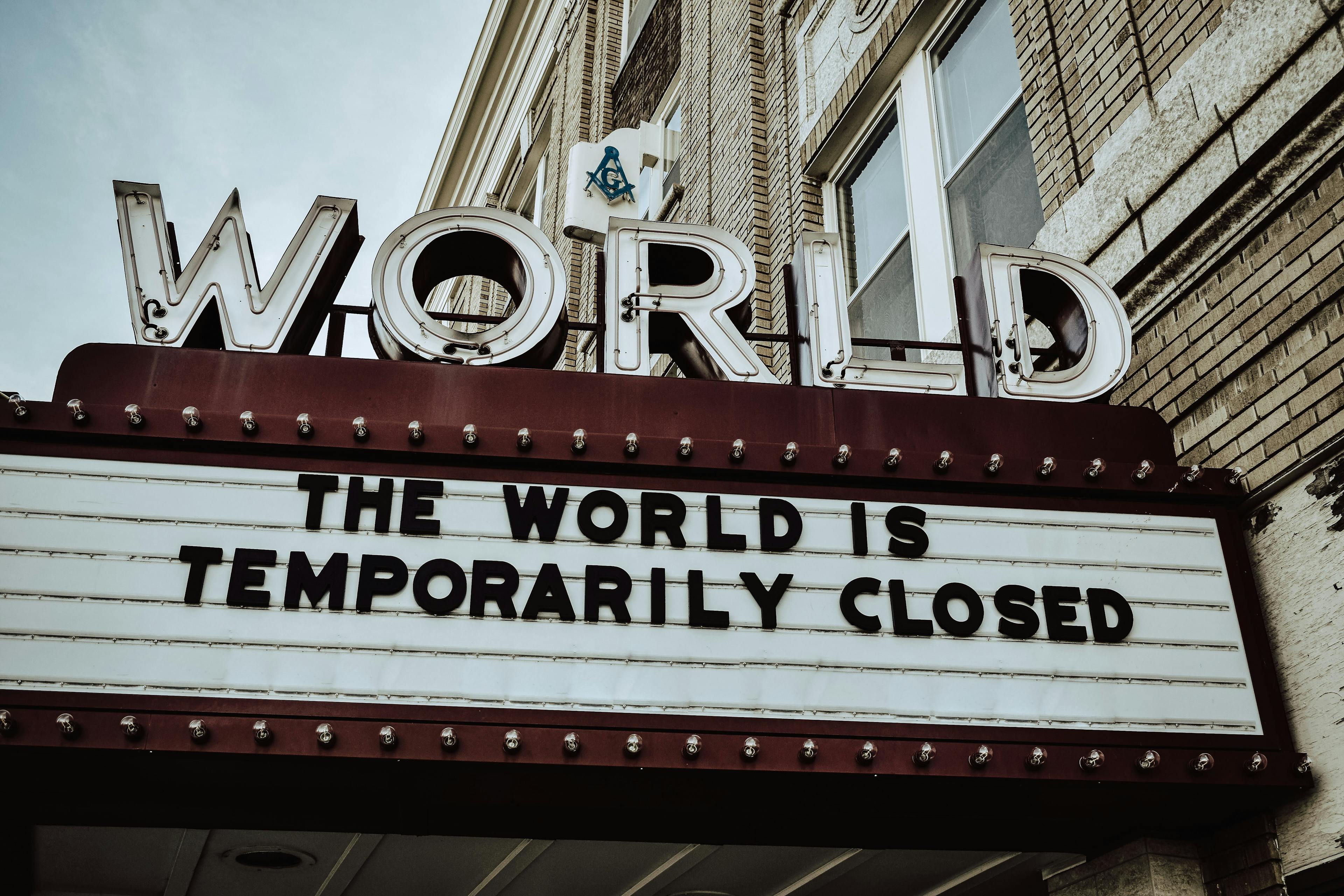How the Pandemic Has Forever Changed New York Real Estate
Navigating the New Normal: Bankruptcy, law, and the evolving landscape of real estate
The COVID-19 pandemic, which swept across the globe in early 2020, has significantly impacted various sectors of the global economy. New York real estate, once considered an indomitable fortress, has been rattled, leading to profound changes that may last for years or even decades. While the pandemic disrupted traditional real estate practices, it also brought new opportunities and challenges that are forever altering the industry.

The Surge of Bankruptcy and Real Estate Bankruptcy
At the outset of the pandemic, the unprecedented lockdowns in New York City led to a rise in business closures, contributing to an upsurge in bankruptcies. Small retailers and large corporations alike found it challenging to stay afloat. Consequently, bankruptcy in the real estate sector also surged as tenants struggled to make rent payments and New York property owners defaulted on mortgage loans.
The uptick in real estate bankruptcy cases has led to greater scrutiny under business law. Legal professionals specializing in real estate law specific to New York have had to acquaint themselves with ever-changing government regulations related to COVID-19. The boom in bankruptcy cases also led to a reassessment of business risk models, with New York developers and landlords now more cautious in evaluating tenant credentials and lease agreements.
Shifting Residential Preferences
One of the most profound shifts in real estate has been the migration from densely populated cities (New York City’s boroughs) to suburban and rural areas. With remote work becoming a norm rather than an exception, the need to live near workplaces diminished.
As a result, real estate prices in suburban areas have witnessed significant growth, while metropolitan real estate is experiencing depreciation for the first time in years. This rural exodus has led to new zoning and permitting issues, putting local governance and New York real estate law at the forefront of residential planning.
Commercial Real Estate Takes a Hit
Commercial real estate in New York has been one of the hardest-hit sectors. With the decline of brick-and-mortar stores and the adoption of remote work, the demand for commercial spaces plummeted. Offices sat empty, malls became ghost towns, and hotels witnessed record-low occupancy. New York property owners had to grapple with the uncertainty of changing tenant needs and the looming threat of bankruptcy.
In response to these challenges, some commercial property owners have started repurposing their buildings. For example, empty malls are being converted into residential apartments or distribution centers. Changes like these require an intricate understanding and navigation of business law and real estate law to address zoning, leasing, and contractual obligations.
Digital Transformation
The pandemic has also accelerated digital transformation in New York real estate. Virtual tours have become commonplace, and blockchain technology is being used to make property transactions more secure and transparent. These technological advancements have mandated a revision in real estate law to ensure that these transactions meet legal requirements and ethical standards.
Rise of Alternative Investments
Investors are also reconsidering their portfolios. The risks exposed by the pandemic and the surge in bankruptcy have led to an interest in more diversified real estate investments. Alternative options such as data centers, healthcare facilities, and cold storage warehouses have gained attention. In addition, Real Estate Investment Trusts (REITs) focusing on these categories have seen a rise in demand.
Changes in Real Estate Law
The pandemic has ushered in amendments and new guidelines in New York real estate law to adapt to the changing landscape. These changes encompass rent relief policies, eviction moratoriums, and altered bankruptcy regulations to provide a safety net for both tenants and property owners.
Government regulations around property management, rent collection, and public health have also tightened, requiring real estate professionals to stay updated continually. Legal experts in business law and real estate law are increasingly specializing in pandemic-induced cases, adding another layer of complexity to an already intricate field.
The Road Ahead
While the impact of COVID-19 has been devastating in many aspects, it has also served as a catalyst for change, pushing the New York real estate industry to evolve rapidly. Stakeholders, including property owners, investors, and legal professionals, have had to adapt to new realities shaped by the pandemic.
In the post-COVID-19 era, the emphasis will likely be on sustainable development, with a focus on creating resilient business models that can withstand such unexpected shocks in the future. The overlay of business law, especially regarding bankruptcy and real estate law, will continue to evolve to address the complexities that will no doubt arise in this new landscape.
As we move into an increasingly digital and decentralized world, it is clear that the pandemic has changed the New York real estate industry in ways that are both challenging and transformative. And while the dust has yet to settle, one thing is for certain: the old norms are gone, and a new paradigm has taken their place.
